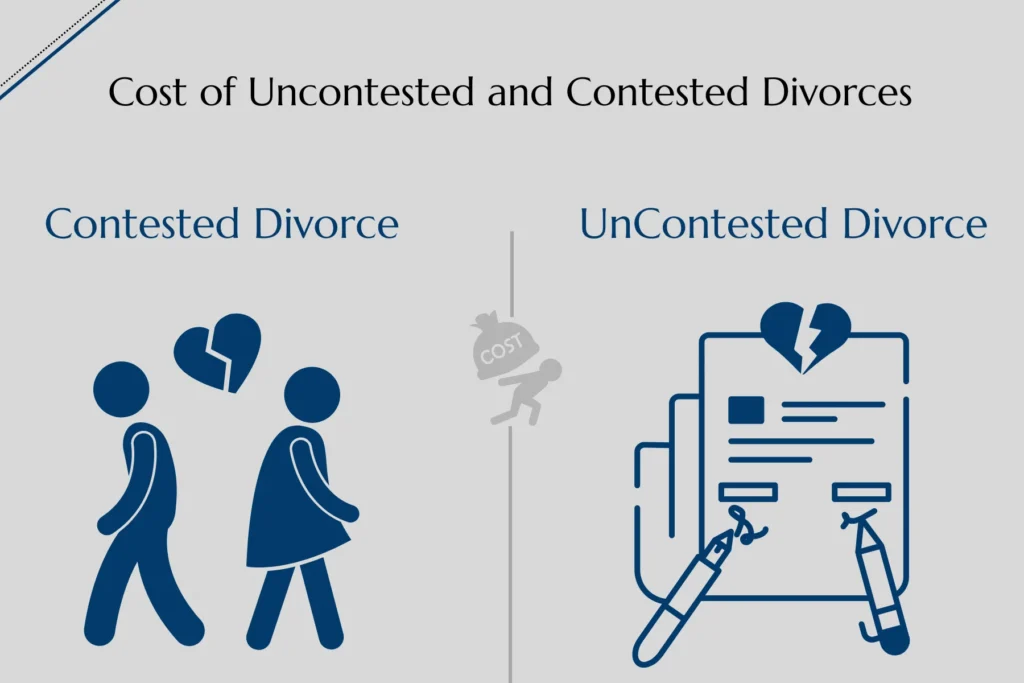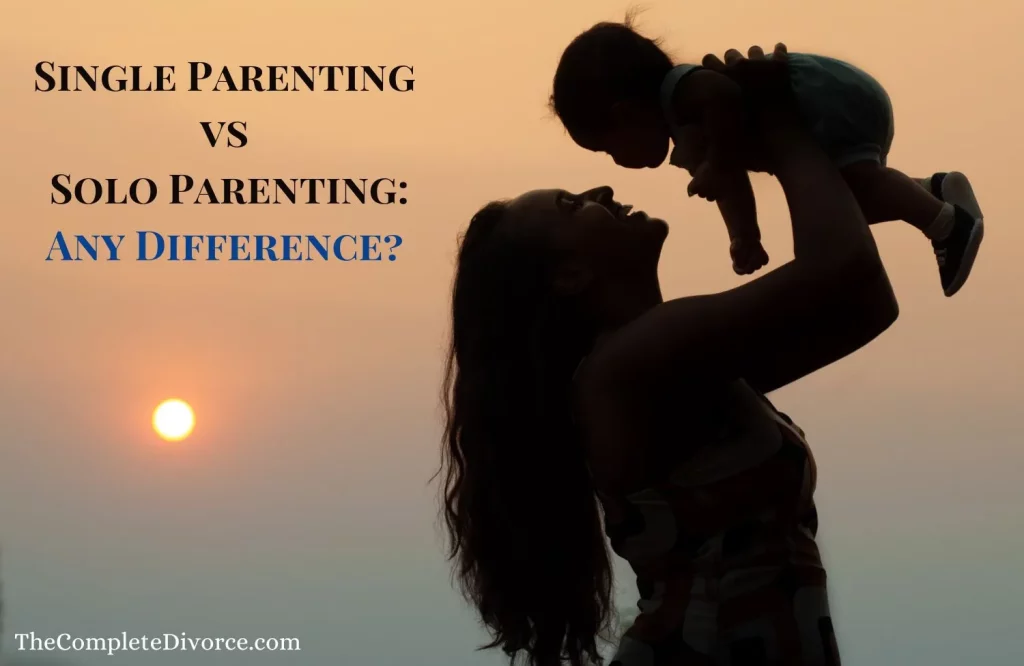
Share
HOW DO I TELL MY SPOUSE I WANT A DIVORCE?

Dina Haddad
Founder & Attorney Mediator
I’m Dina Haddad, a family law attorney-mediator in California. I’m so tired of couples not having a process that’s easy to complete their divorce. They are getting lost, wasting time and money, and beyond frustrated with their results.That’s why I created TheCompleteDivorce. I took my successful mediation practice and condensed it into an affordable and winning program.
If you’re wondering how to tell your spouse you want a divorce, take a step back and focus on this one question. Plan a strategy to begin the process successfully. However, before you move forward, consider exploring the possibility of reconciliation if either you or your spouse have doubts about ending the marriage. It can be a tough choice to make, but it’s worth considering. If reconciliation is your goal, make sure to have a clear and well-thought-out plan so that you have the best chance of success.
A reconciliation plan details what commitments you and your spouse will put towards reconciling. Consider working with a marriage therapist to create a plan for you. With the help of your therapist, you and your spouse can set clear boundaries and goals about what it will take to reconcile and what will happen during that time. You and your spouse might agree to alternate between individual and couples counseling every week for six months.
During that time, you will continue to live together and follow the behavioral goals that you established in counseling. A goal might be to arrive on time for dinner. Another might be that all family-related decisions will be made jointly or to speak with each other with respect.
If the time you dedicated to reconciliation has not worked, you can revisit the decision to divorce. You will do better knowing you have given your marriage and family the time and energy they deserve.
Talking with Your Spouse I want a divorce
When reconciliation isn’t possible, divorce may be the only choice. It’s not an easy choice, and for some, it wasn’t their choice at all. In California, it only requires one person to want a divorce. If you don’t want a divorce, even if it is for religious or moral reasons, you still need to participate in the process if your spouse decides to go forward. Otherwise, you risk losing a number of legal rights because your spouse can complete the divorce without you.
If you are the one initiating the divorce, your first step is to tell your spouse. For the majority, the person initiating the divorce does better when he or she tells her spouse about the divorce before filing the papers. This allows you to gain a tremendous amount of goodwill and set a cooperative tone for your divorce, which will help you finish quickly and avoid a costly court battle.
You do not need to surprise your spouse with the divorce papers. This will typically hurt your case. I’ve litigated a number of cases where the divorce talk was not handled correctly and it fueled years of expensive litigation. Without a meaningful conversation about the divorce, your spouse is more likely to interpret your divorce papers as a statement that you are not going to cooperate or be amicable. Upset, your spouse may retaliate and you can lose any chance you had to negotiate.
There is a small percentage of cases where telling your spouse first might cause you actual harm. These include situations where there is domestic violence, whether physical or verbal, or financial abuse. There are also times a spouse may need to file first because the divorce filing will be part of a drug or alcohol intervention. Or you may need to file because it affects your immigration status in the US. In these cases, you may need to file first before discussing it with your spouse.
6 Steps of How to Speak with Your Children about Divorce

After you and your spouse have had the divorce talk, you need to decide when you will speak with your children. Some of my parents have told me that their children just know, but they have not spoken directly with their children about the divorce. Others are overwhelmed just thinking about it. They worry they won’t do it right; they’ll traumatize their children; or feel the timing is never quite right. These are all valid feelings, but it’s important to have this conversation with your kids. They need to hear it from you and be reassured that everything is going to be okay. And remember, this doesn’t have to be your only conversation with them.
Before you have the conversation with your kids, discuss with each other how you will each participate in the conversation. Make sure you both are clear about when and where the conversation will happen so that you are both emotionally and mentally prepared.
This talk can be daunting but try not to stress over it. You can be so worried about hurting your children that you overthink it. Again, it won’t be your only opportunity, just the first of many conversations. You love your children. Just let that shine through:
- Talk to them together
- Be Age Appropriate
- Be Honest
- Expressing Love to Children
- Striving for a Lasting Agreement
- Managing Pressure in Divorce Discussions
Be Age Appropriate
First, your talk also needs to be age appropriate. The kind of details you share depends on your child’s age. The younger your child, the simpler the conversation. For young kids, the conversation should also happen around the same time there will be changes, like when you or the kids are going to move. For the youngest kids, one week can feel like an eternity so telling them a month in advance doesn’t help. If you have an age gap between your children, you may need to have a separate conversation with your older children. With older children, you can discuss more details about the divorce but steer clear from blaming each other.
Talk to them together
When you do tell your children about the divorce, it’s often best that you do it together. Although you are talking to them about separating, seeing you together is comforting. It says, “We are still your parents.” “We can still sit together and have important conversations with you.” It shows that you are still in control and can create a safe place for them. Choose language that shows you support each other, showing them that you can continue to parent them together after the divorce. What you say in your talk matters.
Be Honest
Second, be honest. Tell your children the truth. You are getting a divorce. They need to hear it from you. Acknowledge that it’s a difficult situation. If you cry, that’s okay, but don’t lose control. Your kids need to know they can express their emotions too, but they don’t need to take care of you. If you can, share good things about each other. Let you children know they can come back and discuss the divorce with you, and you want them to share with you what they need from you to make it easier on them.
Expressing Love to Children
After that, the most Important thing is to tell your children that you love them. They cannot hear it enough. Remind them that even if you are splitting up, they are loved and the divorce is not their fault. There is nothing they could have done to stop it from happening.
As you speak with your children, watch them for cues. Give them an opportunity to share their concerns, and listen carefully before responding.
Striving for a Lasting Agreement
Your goal is not only to reach an agreement, but a lasting one. If you rush, you will have less time to understand your agreements or include important details, greatly increasing the chances of having disagreements in the future.
Later, when there’s a conflict, you might realize your agreement does not say what you believed it to say. Instead of rushing, take time to understand the law, these lessons, and how it applies to you before you try and resolve your divorce. You’ll do yourself, and your spouse, a big favor.
Please reach out to us! We have the tools to help you succeed and can get you started in the best possible way.
Managing Pressure in Divorce Discussions
Once you have discussed the divorce with your spouse and kids, you may feel pressure to resolve your divorce quickly. Some couples can have productive conversations with each other to work out their divorce; but, more often, I see couples who come to me with prearranged agreements that end up having real problems. As we start talking, we realize at least one of them didn’t understand the agreement or the law. If one of them asks for changes, the other stops trusting, thinking an agreement will never be followed.
This makes it harder for them to revise their agreement after they have been educated on the agreement or the law.

At TheCompleteDivorce, we provide you with what you need to successfully do your California divorce on your own. We provide all the required family law court forms in our automated forms program, all the video tutorials, and an automated customizable Marital Settlement Agreement (Divorce Agreement). If you need more help, you can get our package which includes time with a divorce mediator.






